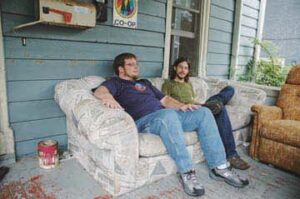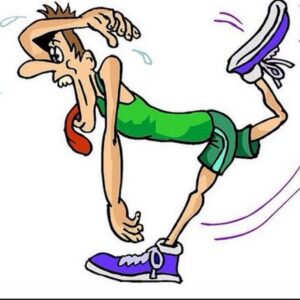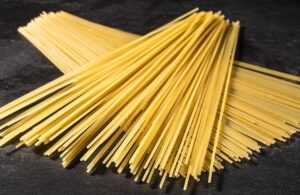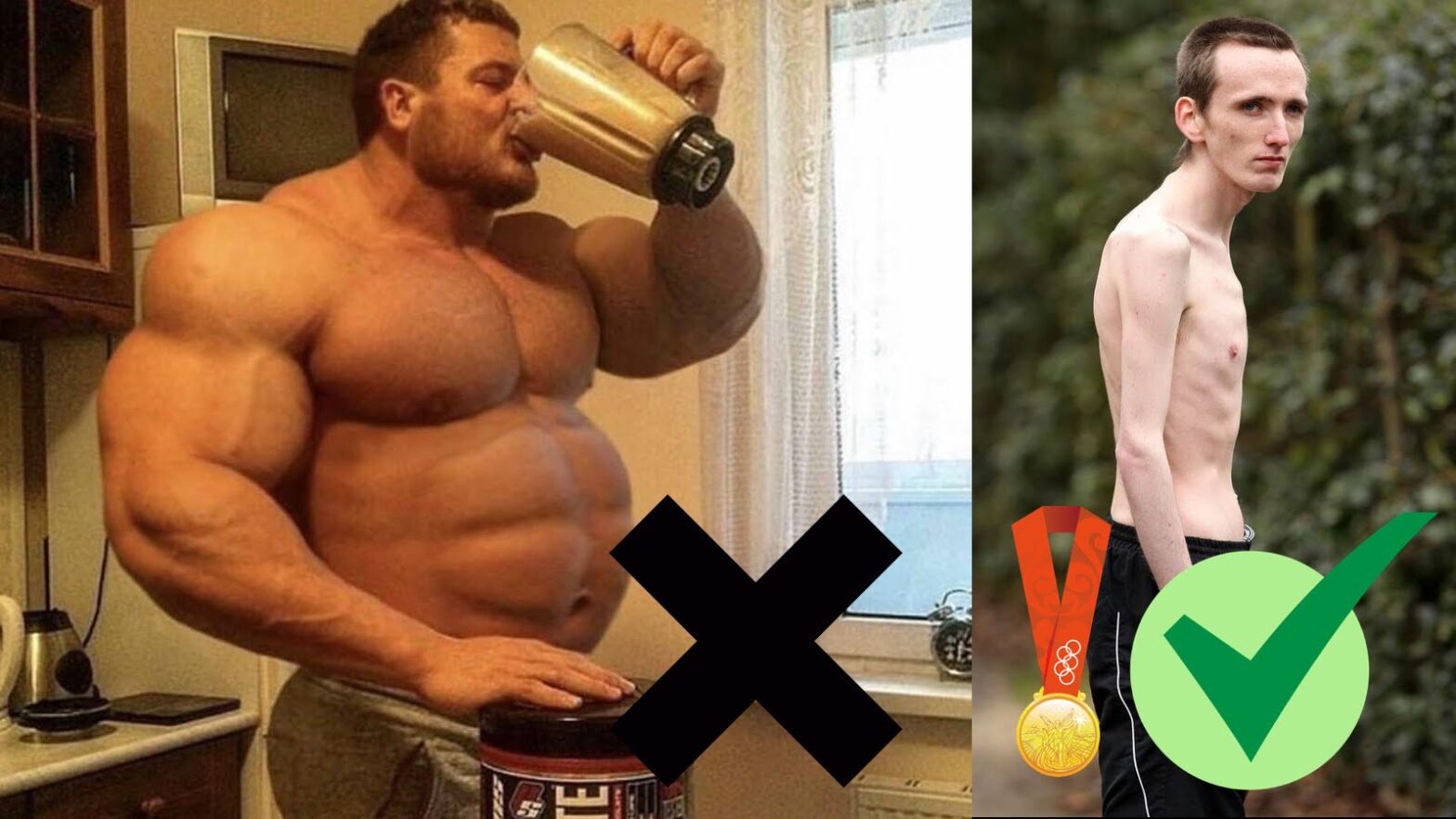Imagine this – an Olympics For The Weakest & Slowest.
Could it ever come true? Maybe it’s time…
Of course, in normal-brained way of thinking, the concept of an Olympics for the weakest and slowest individuals who gingerly walk this earth may – nay, DOES NOT align with the traditional values and objectives of the Olympic Games.
The Olympics, as we know it now, typically celebrates human athleticism, excellence, and achievement, focusing on individuals who push the boundaries of physical capabilities.
Audiences want to see records set that make people strive to be their “best”, ie. bigger, faster, stronger, and so forth.
But what of the weak and pathetic? The people who skip track and field day in middle school, because they excel at nothing in particular?
What if there was a competition that celebrated slowness and weakness? Would this not be fantastic?

Measurement Issues
The good news about a Weakest / Slowest competition is that more people would certainly qualify.
Whereas the “normal” Olympics are for elite athletes, the Weakest / Slowest Olympics could be something that your every day lazy dude or oversized gal could aspire to.

That said, organizing a Games in this fashion might not work well at first.
Keeping track of the weakest and slowest individuals in terms of measurement would pose several challenges.
Firstly, defining “weakness” and “slowness” in a standardized and objective manner would be difficult.
Physical strength and speed are multifaceted attributes influenced by various factors such as age, gender, and physical condition.
Therefore, establishing clear criteria for determining the weakest and slowest participants would be subjective and potentially contentious. Well, until people get used to it, anyway.
Moreover, measuring weakness and slowness would require consistent and accurate methods of assessment, which might be impractical or invasive.
Unlike traditional Olympic sports, where performance can be quantified using precise metrics like time, distance, or weight lifted, evaluating weakness and slowness may involve more subjective observations or self-reported data, making it challenging to maintain consistency and reliability across participants.

Additionally, there are ethical considerations surrounding the concept of singling out individuals based on perceived weaknesses or shortcomings. At least, until people learn to recognize weakness as a sought-after attribute rather than a shameful fact.
The weaker? The better!
Of course, the normal brains will say that such an approach could be stigmatizing and potentially harmful to participants’ self-esteem and mental well-being. Make people very sad. Cry many big tears.
It may also perpetuate stereotypes and discrimination against individuals with disabilities or those who do not conform to conventional standards of athleticism. Until, of course, people stop worshipping fast people learn to celebrate those who move more slowly and lumberingly, pinning ribbons on them.
Overall, while the idea of an Olympics for the weakest and slowest may seem lighthearted or inclusive at first glance, the practical challenges and ethical implications make it a complex and problematic concept to implement in reality.
Hmm….still, may be worth it.

Weaker = Better?
One argument in favor of such an event is the recognition of a broader spectrum of athleticism beyond traditional notions of strength and speed.
By highlighting the achievements of individuals who may not excel in conventional Olympic sports, such an event could promote diversity and inclusivity in the sporting world.
It would acknowledge the vast number of people who may not fit the mold of elite athletes but still engage in some form of extremely small physical activity and pursue personal goals and have the need to be worshipped like Gods, despite having seemingly no skills or aptitudes to speak of.
Moreover, creating an Olympics for the weakest and slowest could inspire individuals who feel excluded or discouraged by the emphasis on athleticism in mainstream sports. Like me!
It would provide a platform for people of all abilities to participate, compete, and celebrate their achievements without the pressure of unrealistic performance expectations.
Furthermore, promoting participation in sports among individuals who are weaker or slower could have oddly ironic health benefits.
Encouraging physical activity and exercise, regardless of ability level, can improve cardiovascular health, build strength and endurance, and enhance overall well-being.
In other words, even encouraging someone to try to lift only air is ironically better for them than not trying to do anything. Would lifting air be allowed in the Weak / Slow Olympics, or would some physical matter be required?
Additionally, hosting an Olympics for the weakest and slowest could foster a sense of community and camaraderie among the predictably incapable participants.
It would create opportunities for people with similar abilities to connect, share experiences, and support each other in their athletic endeavors.
While the idea of an Olympics for the weakest and slowest may seem unconventional, it has the potential to promote inclusivity, inspire participation in sports, and celebrate a diverse range of athletic achievements.
By recognizing and celebrating individuals of all abilities, such an event could contribute to a more inclusive and accessible sporting culture.
Hmmmm…could it be possible? Something tells me the tides are turning, and soon the weak and slow will be worshipped as Gods, rather than people like Jason Mamoa and Chris Pratt.

Cash for Ineptitude?
There is a risk that offering cash prizes and sponsorships for being the absolute slowest could incentivize people to purposefully perform poorly or be less fit in order to win.
Then again, by doing these Games, we would be changing the word “poorly” to mean something good, versus sounding bad and sad.
This phenomenon is known as perverse incentives, where the reward structure encourages behaviors counterproductive to the intended goal.
In the context of an Olympics for the weakest and slowest, individuals might intentionally avoid improving their physical fitness or even engage in behaviors detrimental to their health in order to achieve slower times or weaker performances.
This could have negative consequences on both individual well-being and the broader promotion of healthy lifestyles.
Furthermore, it could undermine the integrity and credibility of the event, as participants may not be genuinely competing to the best of their abilities.
It may also lead to ethical concerns about the exploitation of individuals’ health and well-being for the sake of entertainment or monetary gain.
Therefore, while the concept of recognizing and celebrating individuals of all abilities is commendable, careful consideration must be given to the incentive structures in place to ensure that they promote positive outcomes and do not inadvertently encourage unhealthy behaviors.

Unfinished Races
Indeed, incentivizing individuals to be slower in a competitive setting could lead to unfinished races or events.
If participants intentionally slow down or stall their progress to secure a win, it could disrupt the flow of the competition and undermine the integrity of the event.
Moreover, the prospect of intentionally finishing last could create a situation where participants deliberately delay or prolong their performance, leading to uncertainty about when or if the race will conclude.
This could frustrate both spectators and organizers and diminish the overall experience of the event.
Additionally, the risk of unfinished races could pose logistical challenges for event organizers, particularly in managing schedules, coordinating participants, and ensuring the safety of all involved.
It could also affect the overall credibility and appeal of the event, potentially deterring future participation and support.
Therefore, the potential for unfinished races highlights another aspect of the unintended consequences that could arise from incentivizing slower performance in a competitive sports context.
It underscores the importance of carefully considering the implications of reward structures and incentive systems to maintain the integrity and viability of sporting events.

Dry Spaghetti Lifting
Intentional malnourishment to gain a competitive advantage, such as being able to lift dry spaghetti, would pose significant ethical and health concerns.
Encouraging or incentivizing individuals to deprive themselves of essential nutrients for the sake of winning a competition goes against principles of fair play and sportsmanship.
Malnourishment can have serious and potentially life-threatening consequences, including weakened immune systems, impaired cognitive function, and damage to vital organs.
It is not a sustainable or healthy approach to achieving success in sports or any other endeavor.
Moreover, promoting or rewarding such behaviors sets a dangerous precedent and sends the wrong message about the importance of health and well-being. Right?
It could also create an environment where participants feel pressured to prioritize winning over their own physical and mental health, leading to long-term negative consequences.
Therefore, intentionally inducing malnourishment for the purpose of gaining a competitive advantage is not only unethical but also harmful to individuals’ health and undermines the integrity of sports competitions.
It is essential to prioritize the well-being of athletes and maintain standards of fair play and sportsmanship in all aspects of competitive sports, whether it be the Weak & Slow Olympics, or otherwise.
Overall, it seems as though this might be able to work…however, we just need an architect with a vision for such events, and I hereby nominate myself – Danny Polishchuk! Stay tuned…

No responses yet